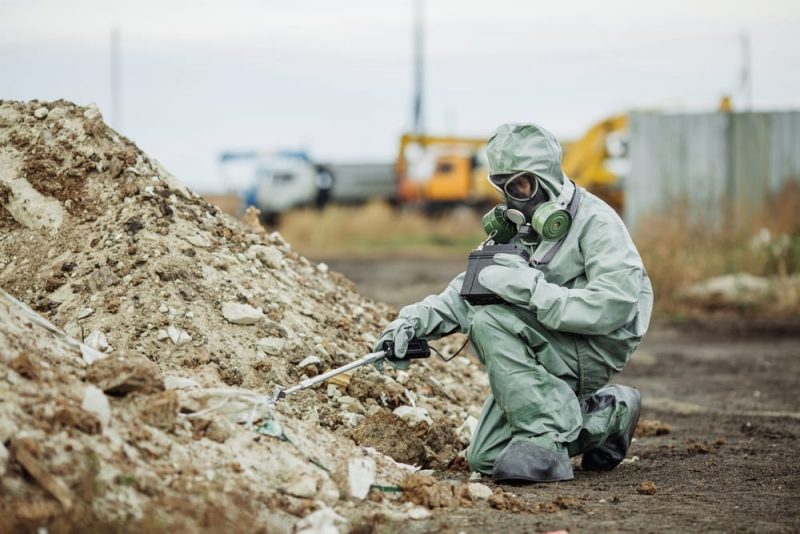The social phenomena They are all the behaviors that take place within a society, which can be carried out by some members or by their entirety. For example: immigration, art, devaluation, fashion.
The question of passing within society implies that it is exclusively about relationships between people, and not of relationships between people and the environment that surrounds them: precisely this is the distinction that exists between social phenomena and natural phenomena.
Characteristics of social phenomena
Usually, social phenomena are of more subjective and relative character than the natural ones. The concept is often used to refer to undesirable situations that a part of the population of a country or the world may go through.
In this sense, a social phenomenon can be a suffering of a portion of society with respect to the average: a social phenomenon, in this way, requires a anomaly from world standard, which as is known is not static. Thus, that in the 21st century a country has a life expectancy of 30 years is a social phenomenon, while if that happened four hundred years ago it would not have meant such a phenomenon.
Related disciplines
Some disciplines seek analyze social facts. Perhaps the most important are history, which seeks to analyze and understand the phenomena that occurred in the past; the geography that tries to analyze the spatial changes caused by the action of man; political science that analyzes the power structures that are generated in society; the economy that analyzes the exchange relations; linguistics that analyzes forms of communication, and sociology that is directly related as it systematizes the study of the functioning of society.
In some cases, even the harshest sciences are called upon to understand social phenomena: physics and computer science are helping to understand a large part of the processes that occur in recent times, given by technology.
Examples of social phenomena
Here is a list of social phenomena that exist today, with a brief explanation of each of them.
- Totalitarianism. Political process by which a person or party asserts itself as the head of a nation, and that is why it takes over all mechanisms for the division of powers.
- Democracy. Political model by which the inhabitants of a nation elect their representatives, responsible for sanctioning and enforcing the laws.
- Capitalism. Current production model in the world, based on private property and the free exchange of goods and services.
- Exodus. Processes by which a significant part of a population leaves a physical space, usually for economic or political reasons.
- Immigration. Movement in which the inhabitants of one country must go to live in another.
- Art. Set of disciplines considered aesthetic in which some men can excel, such as painting, drawing or music.
- Internal migrations. Process by which a group of people moves within a country, generally for economic reasons.
- fashion. Guidelines established through different media, which guide certain consumptions that will later become general.
- Poverty. Situation in which some people do not have their basic needs covered.
- Devaluation. Modification in the relative prices of a local currency with respect to all the others, within the framework of international trade.
- Degradation of human values. Phenomenon by which individualism, selfishness and lack of respect are affirmed over solidarity and the values of a community.
- Love. Universal feeling based on the affinity between two beings.
- Strike. Phenomenon, typical of capitalism, whereby the workers of a company leave their workplace in protest of a certain issue.
- Delinquency. Violation of the Laws established by the State for coexistence.
- Religion. Social phenomenon whereby a group of people have adoration for an invisible figure, which leads them to respect a set of precepts based on certain books.
- Social networks. Phenomenon of recent years, whereby through the Internet people communicate and share content more easily, even thousands of kilometers away.
- Revolution. Sudden change in the political system in a country, due to the effect of social organization and violent or peaceful mobilization.
- War. Armed conflict between two countries, which is manifested by the physical battle in a territory with certain stipulated rules.
- Unemployment. Process by which, in the framework of capitalism, a part of the population does not have a job despite seeking it.
- Destruction of the environment. Process by which the different natural resources of the world (land, water, minerals, forests) are degraded by the action of man.

